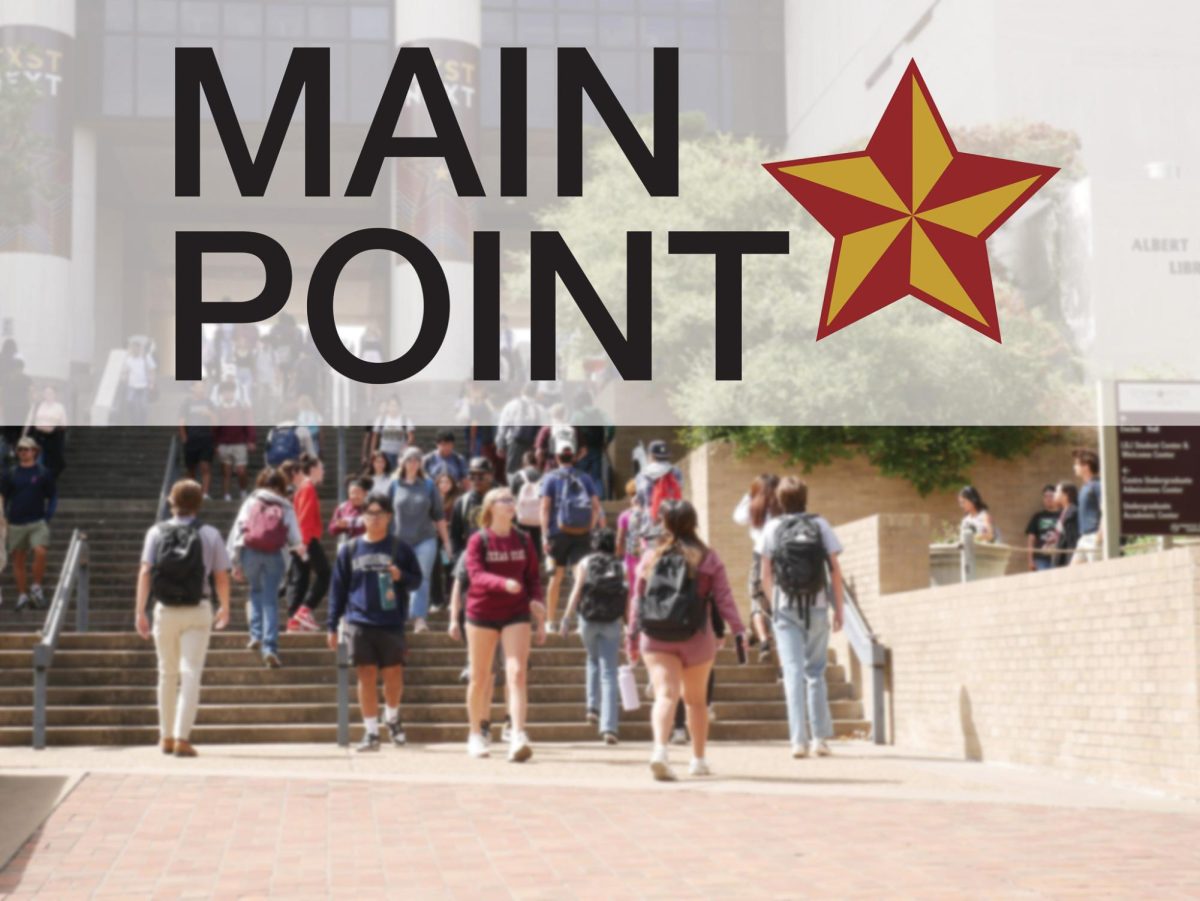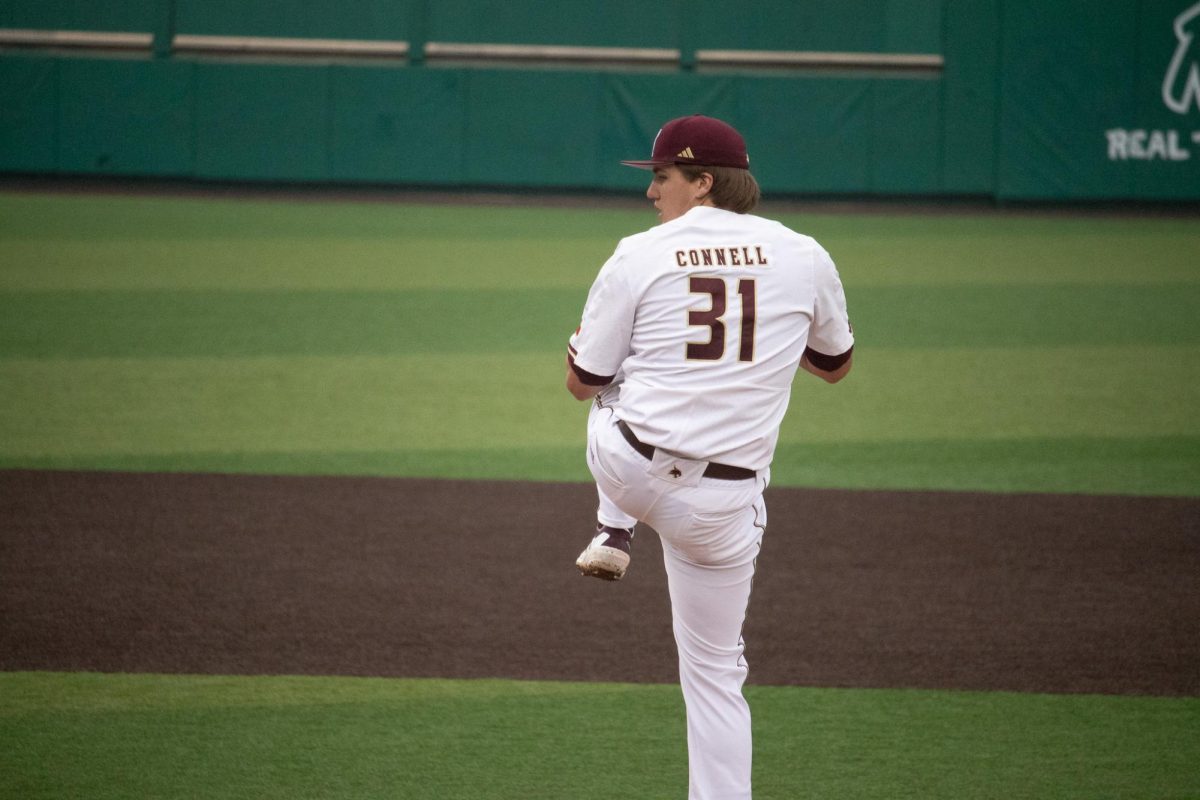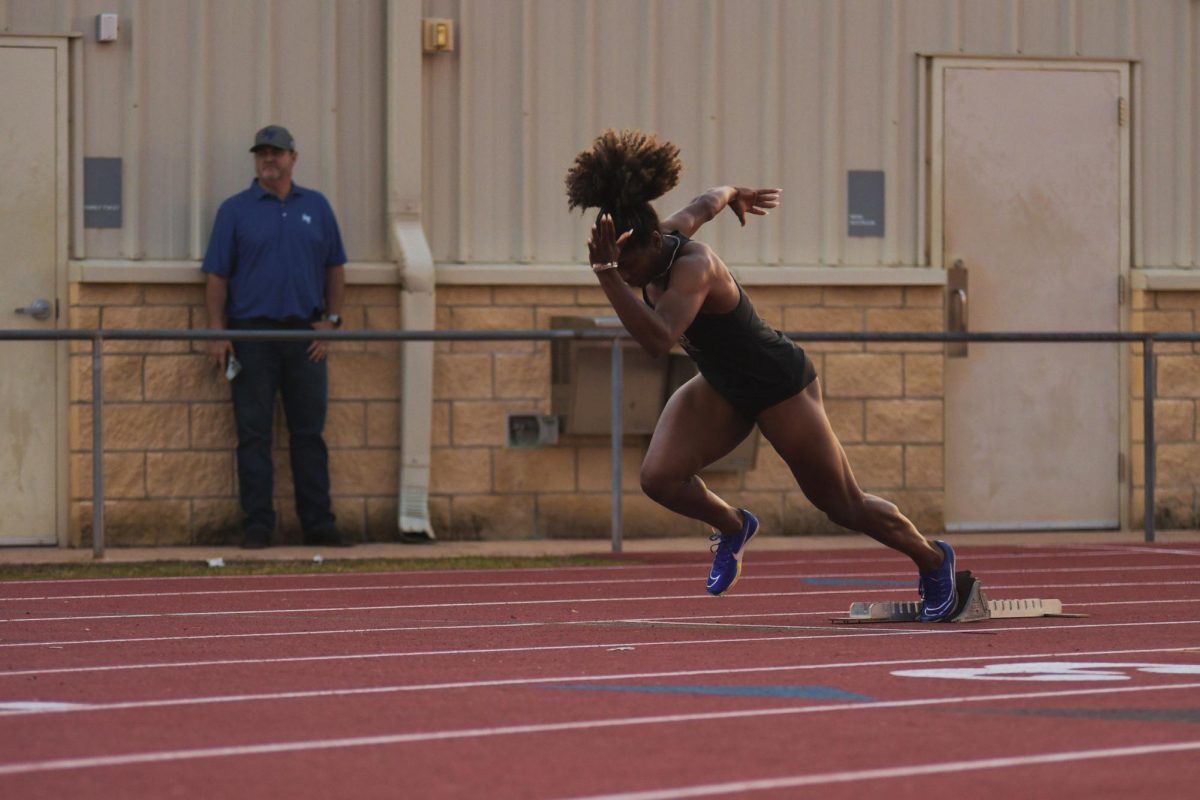
Texas State may no longer host the first presidential debate on Sept. 16. President Joe Biden and former President Donald Trump have refused to participate in any debates hosted by the Commission on Presidential Debates (CPD), which could potentially eliminate all college campuses as host sites in 2024.
The Sept. 16 debate on campus would mark the first presidential debate to take place in Texas. A state that is at the forefront of political discourse on topics such as abortion rights and marijuana laws. A state that only a year ago tried to prohibit polling locations on college campuses with HB 2390. A state where at least 50 students were arrested on college campuses for pro-Palestine protesting.
The decision could limit voter outreach, reduce Texas State students from getting as involved in the election and disrupt planned education opportunities.
CPD is a non-profit and non-partisan organization that hosts presidential and vice-presidential debates every four years since 1988, specifically to ensure that such debates reliably take place and reach the widest television, radio and streaming audience.”
The newly planned debates are on June 27 at CNN in Atlanta and on Sept. 10 at ABC News in New York. However, the CNN debate will only stream on CNN networks, and the ABC debate will only stream on ABC networks and Hulu.
The airing limitation restricts access and contradicts CPD’s mission to reach the widest possible audience, thereby diminishing the debates’ overall impact. It targets audiences who already consume news from these networks, excluding a significant portion of the American public who rely on other sources for information and students who may not have access to cable network channels.
CNN and ABC are left-leaning according to the media bias chart. Hosting the debates on networks perceived as left-leaning undermines the trust in the debates’ fairness and impartiality, potentially skewing public perception and favoring one political side over the other.
Hosting the debate at Texas State could be an incredible educational opportunity for students. Texas State began planning ways to use the presidential debate as an academic opportunity.
12 Texas State courses were created to “examine historical and contemporary themes or topics” related to campaigns and strategic communications. The courses — three in the summer semester and nine in the fall — were in the mass communication, political science (POSI) and political science (PS) catalogs. The courses can adapt to change regarding the presidential debate but shouldn’t have to. Integrating the presidential debate could benefit students.
Rescinding the choice to hold the debate at Texas State touches not only students, but faculty. Many Texas State professors worked in coordination to bring a healthy speaking forum to the school–– their work is taken for granted in the possible cancellation of this event.
According to the U.S. Census Bureau, despite being one of the largest potential voting groups in the country, Americans aged 18-29 had the lowest voter turnout in the 2020 presidential election. Students need to witness the democratic process up close because it motivates students to participate in the presidential election and helps them believe their votes matter. A debate should still happen on campus because it allows for an immersive educational experience that could connect young people to the candidates they would be voting for.
The presidential candidates must find other ways or platforms to speak to the residents of Texas, who are struggling with the issues of gun violence, abortion rights and the crisis at the border. The candidates need to make it a point to speak to the issues that many Texans are concerned with if they want to convince voters who are dissatisfied and are suspected of withholding their votes in November.
If the debate is no longer held at Texas State, it would be a big disappointment. It could be a new opportunity for the student body, university officials and student media and it shouldn’t be taken from us.
The Main Point is an opinion written by The University Star’s Editorial Board. Opinions expressed are not necessarily those of our entire publication.


















